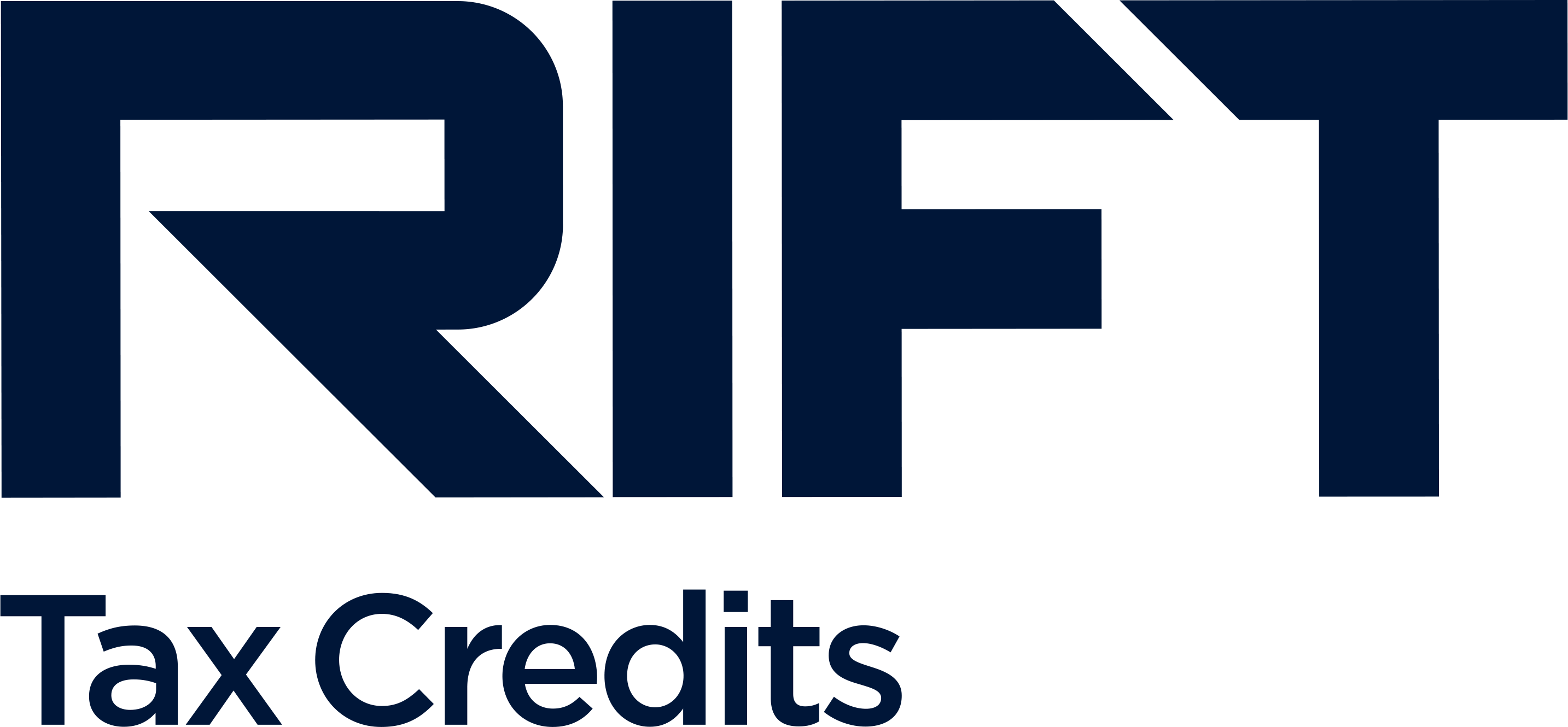What is IR35?
IR35 is a piece of legislation that allows HMRC to assess whether a contractor is an employee or not. IR35 considers the way in which an individual works through their own personal service company (PSC) for a client. HMRC would like to view a contractor as working in the same way that an employee would, and apply PAYE and National Insurance Contributions (NIC’s) preventing the contractor from being self-employed.
Why was IR35 introduced?
The IR35 scheme was introduced in the year 2000 as a way to identify and sift out those contractors who were seen as 'employees in disguise' in a deliberate effort to pay less tax.
By the late 90's, HMRC had started to identify a nationwide problem where professional employees were converting their status into a limited company or partnership, in an attempt to drastically decrease their tax and National Insurance Contributions. At the time this was a rapidly growing problem for the tax office, as these individuals could easily and somewhat instantly change their status.
Since the IR35 legislation launched in 2000, the nature of the 'disguised employees' tax avoidance scheme has been clamped down on tenfold. Despite strong opposition, the scheme remained in place in its original form for 11 years, until George Osbourne under the new coalition government, constructed a new 'Tax Simplification' team, who on their long list of reforms, were tasked with improving the IR35 legislation.
The team did just this, by bringing in a dedicated IR35 helpline along with giving relatable scenarios for individuals to determine their IR35 status more easily, amongst other things.
Despite regular criticism and intermittent amendments brought in on the IR35 legislation over the next 10 years, the scheme remained relatively stable. That was until 2020, when Boris Johnson's government announced a rollout of reforms for the scheme once again.
Although it was delayed from the initial date of April 2020 due to the pandemic, significant reforms came into play in April 2021 to reconstruct the scheme and it's guidelines as we now know it today.
Who does IR35 apply to?
Since the legislation changes came into place in April 2020, the responsibility for determining whether IR35 applies moved from the contractor to the client, providing the client is a medium or large organisation.
The latest changes do not apply to small companies. Small companies and PSC providers still need to follow the existing rules and ensure ongoing compliance and due diligence.
The end client needs to take reasonable care in considering IR35 and issue a Status Determination Statement confirming the position. The client or intermediary paying the PSC then operates as PAYE if they are deemed to be caught by this legislation.
An organisation will be deemed small and subject to the old rules if it can show that two of the following do not apply:
- Turnover lower than £10.2m
- Balance sheet total of less than £5.1m
- 50 employees or less
What is inside IR35?
If a worker is deemed inside IR35, it means that they are seen as an employee for their client (for tax purposes) and are subject to pay the associated PAYE national insurance and income tax.
Generally speaking, this is when a workers contract is deemed by HMRC as an employee contract, as opposed to self-employed. An example of this is where the worker receives performance related appraisals, something which is associated with employees of companies.
What is outside IR35?
Being outside of IR35 means that a worker is seen as independent and genuinely holds self-employed status. Because of this, workers are able to pay themselves as self-employed workers do, and are not required to have tax and NIC's deducted at the PAYE rates from the source of their pay.
These types of workers tend to market their own services to attract work, as well as have multiple running contracts with various clients.
What is the impact of this change?
Since April 2020, medium and large size companies will now be held liable by HMRC for any and all PAYE and NIC liabilities that would be due on a failed Status Determination challenge.
How can medium and large companies approach IR35 legislation?
If you are a medium/large end client there are various options to consider, some include:
- One approach that has been adopted is ruling out the use of Ltd company contractors going forward. This is an extreme approach to the legislation and whilst it means there is zero risk, it may mean that key workers move on to other organisations or that costs increase significantly.
- A more common approach is to consider IR35 for contractors, provide a Status Determination Statement and pass this on to the next party in the supply chain. This fulfils a client’s requirement under the legislation and can ensure they are compliant, yet commercial and retain key workers.
- The client could rely on agencies to undertake the assessments. This is possible but needs to be structured in the right way because if challenged the client will still need to be able to show that the client has taken reasonable care. It may become more difficult to demonstrate this if an agency has carried out the assessment on their behalf.
- A statement of works document could be implemented. The principle behind this is that there is a shift in the work being carried out and a third party takes on ownership of part or all the project and all associated responsibilities. This effectively means that the third party becomes the client for IR35 purposes and as such takes on the responsibility for determining IR35 therefore removing all risk and hassle form the client.
How is your IR35 status determined?
HMRC have three key criteria to determine whether or not a worker would fall inside IR35 rules. These are:
1. Control - Does the client determine what, how and when the worker completes their work?
2. Personal Service - Is the worker required to carry out the work themselves, or are they able to send in someone else to complete the work in their place?
3. Mutuality of Obligation - Is the client obliged to offer the worker the project, and is the worker obliged to accept it?
If the answer is yes to these questions, then HMRC would view it as an employee to employer relationship and it would be inside the IR35 rules.
How do you know if IR35 applies?
IR35 is a very complex area and one in which judges sometimes disagree. The courts have however developed three main principles they would expect to see in an employment relationship:
- The individual must be required to carry out the work personally (i.e. they cannot use other people to provide the services),
- They must not be subject to a sufficient enough degree of control to create an employer/employee relationship
- There must be no mutuality of obligations between the parties so that neither party is under obligation to provide any work or services to the other during the contract term.
Once these key areas have been considered the courts will go on to look at whether there are any other factors which are inconsistent with an employment relationship. If there are enough factors to show the individual is in business on their own account, this can also be enough to show IR35 does not apply.
What are the penalties if HMRC disagree with the IR35 status?
If you are found to be in breach of HMRCs IR35 rules, the penalties can be quite significant, so it's always worth getting professional guidance to ensure that you are abiding to their rules. If found to be in breach of the rules following an IR35 enquiry, HMRC will demand you pay the full amount of tax and NICs which would have been due, along with interest on these amounts.
You may need to pay a penalty on top of the tax repayments, which will vary in severity depending on how HMRC deem the behaviour to be careless or deliberate.
A penalty of 30% of unpaid tax is implemented if HMRC deems that you were careless about your employment status, but it was an honest mistake.
The penalty increases to 70% of unpaid tax if HMRC believes that you knew you were in breach of IR35 legislation, but you failed to act upon it.
The maximum penalty is for 100% of unpaid tax if HMRC finds that you have knowingly tried to hide your employment status and lower tax payments, under the IR35 ruling.
How can RIFT Legal Services help?
We are experts in the field of IR35 and can provide you with the advice and defence you need should HMRC carry out a compliance review. IR35 is a risk to businesses but this risk can be significantly mitigated. HMRC’s track record in challenging companies under IR35 and winning cases at the tax tribunals is very poor, companies should not be scared into operating PAYE when it is not necessary.
Whether it be reviewing the working relationship, producing the status determination statements, reviewing contracts, auditing a supply chain, providing training or defending your case at a tax tribunal we can provide as much assistance with IR35 to ensure you feel confident and protected.
Kye Burchmore LL.B (Hons), Director, RIFT Legal Services
Kye Burchmore has over a decade of experience as a tax consultant. With a wealth of knowledge on legislation, case law and litigation, Kye has worked as a tax consultant at one of the country’s leading employment status tax practises specialising in defending employment status disputes, IR35 enquires and expenses legislation challenges.
In 2019 Kye was approached by Bloomsbury to write a book about IR35 and off payroll working which is due for publication in May 2020.
Kye also advises and defends a variety of companies on contentious areas of tax law and has written extensively on the issue for publications including Tolley’s Practical Tax, Simon’s Tax Briefing and Accounting Web.
Get credit for your business innovation with research and development tax credits claim assistance from RIFT. Find out more about types of HMRC R&D tax credits, deep dive into the world of business innovation with our insights, or contact RIFT R&D today to find out how we can maximise your benefits.

